Armenia opposition vows to contest weekend election results
Armenia's opposition says it will mobilize massive protest rallies and challenge the June 20 snap election results in the country's constitutional court, citing "mass violations."
The Sunday polls reaffirmed Armenian Prime Minister Nikol Pashinyan's mandate in early parliamentary elections, which were organized to end a political crisis sparked by a humiliating military defeat against Azerbaijan last year.
Pashinyan claimed victory in the early hours of Monday, after preliminary results were announced, and the alliance led by Pashinyan's main rival, former president Robert Kocharyan, immediately alleged fraud.
Kocharyan, who came in a distant second, vowed on Tuesday to challenge Pashinyan by staging mass protest rallies.
"We intend to continue our fight and it will be very strong," the opposition leader said, adding, "Apart from our fight in parliament, there will also be a fight on the streets, where we have a lot of supporters."
Kocharyan also reiterated that he would take his complaint to the Constitutional Court in the near future.
Pashinyan's Civil Contract Party secured nearly 54 percent of the votes, just enough to form a government. Kocharyan's Armenia alliance received 21 percent of the votes. The vote was seen as a two-horse race between Pashinyan, who is 46, and Kocharyan, 66. Both drew massive crowds in the final days of election campaigns.
The general prosecutor's office said that it had received hundreds of reports of election violations. In addition, it said, there were six criminal probes launched regarding bribes given to offices during campaigning.
The final results will be announced a week after the elections.
Critics blame Pashinyan for losing large swathes of land in and around the Nagorno-Karabakh region to Azerbaijan in a truce agreement that was brokered by Russia, ending a territorial conflict that left thousands of people dead last year.
Protesters had called on Pashinyan to step down over the terms of the peace deal. Pashinyan himself called the agreement a disaster but said he had to sign it to prevent further human and territorial losses.
Kocharyan, who himself hails from the disputed Nagorno-Karabakh region, was one of the military leaders in a first war with Azerbaijan in the 1990s. He served as president of Armenia from 1998 to 2008.
Iran: Israeli violations main obstacle to peace, security in Syria
Indian author pulls out of Berlinale over jury’s ‘unconscionable’ refusal to comment on Gaza
Bangladesh Nationalist Party secures victory in general election
VIDEO | British High Court rules against ban on Palestine Action Group
Tehran urges ‘serious’ revision in EU ‘unconstructive’ approaches
Hamas slams Israeli settlers’ ‘criminal aggression’ in West Bank
VIDEO | Press TV's news headlines
VIDEO | Iran launches 'Holy Qur'an Does Not Burn' campaign to restore mosques damaged in unrest


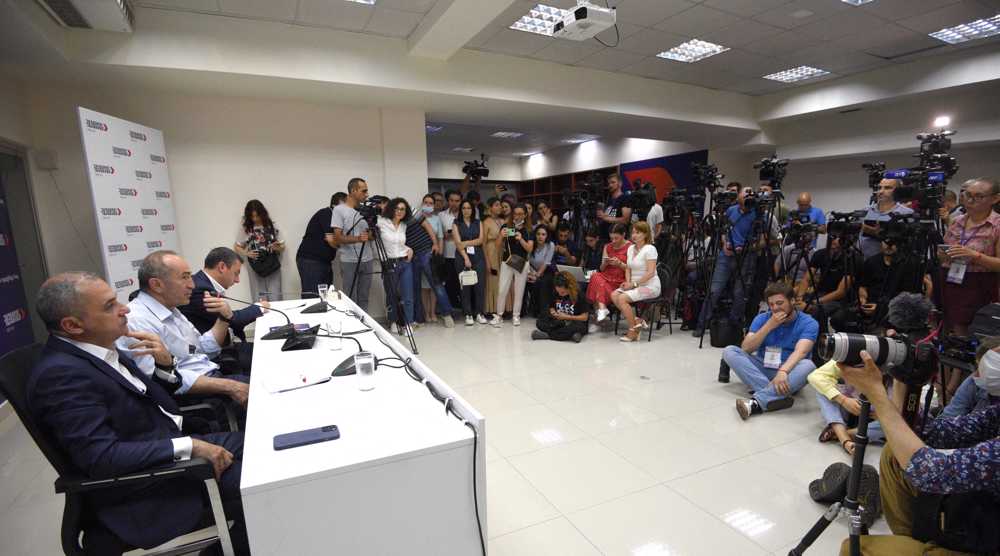

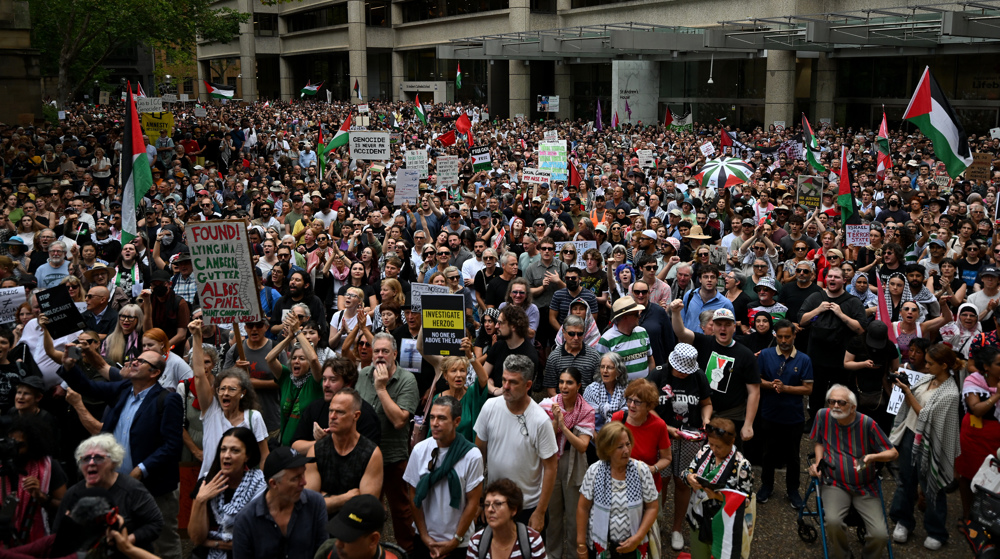
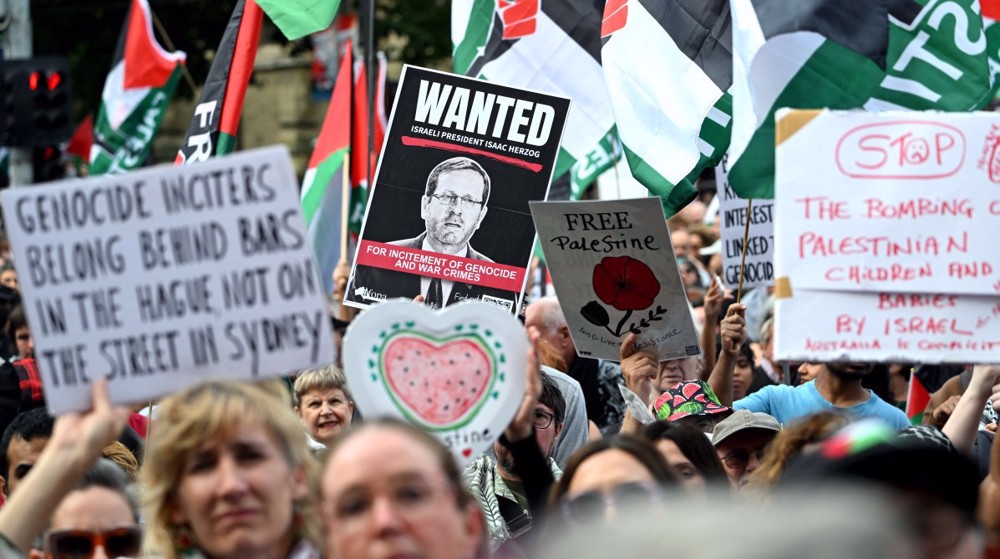
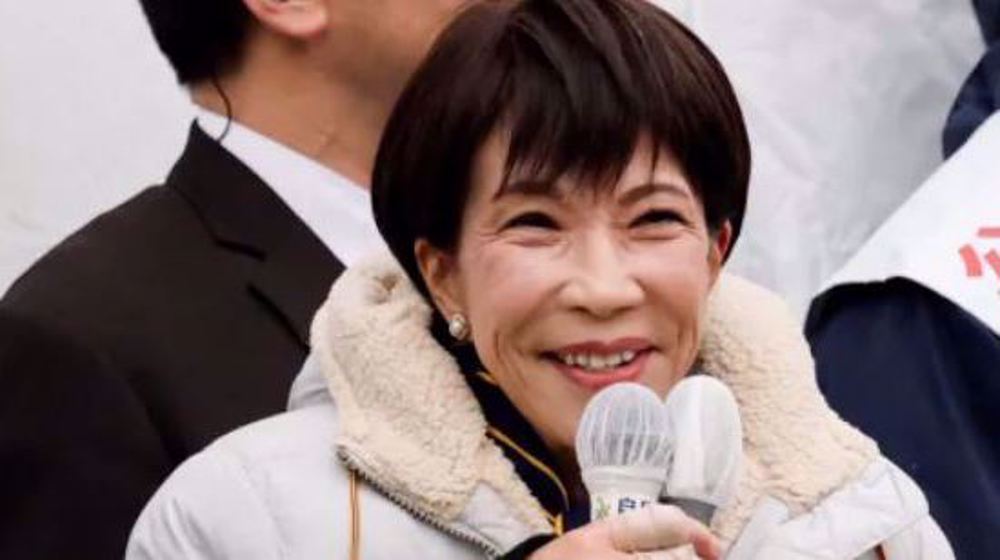



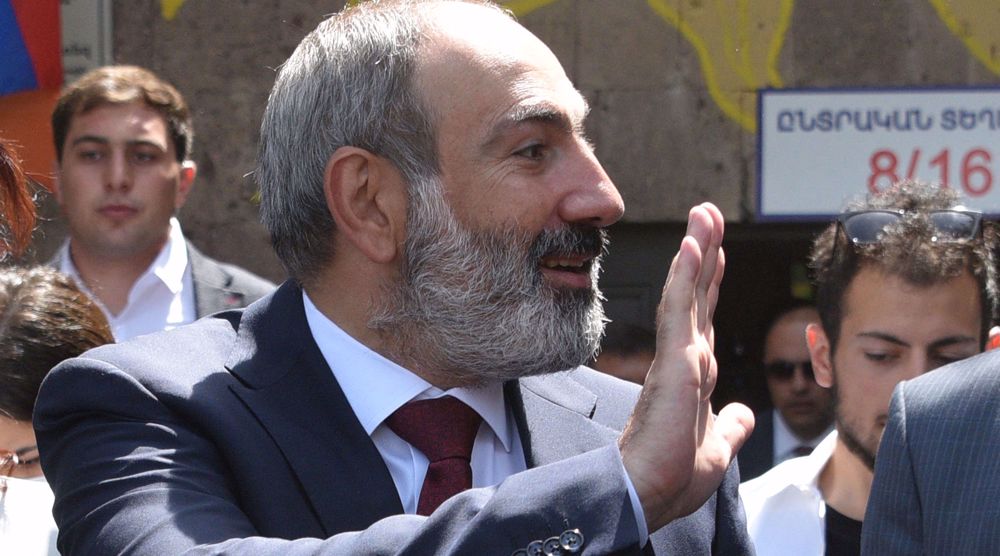
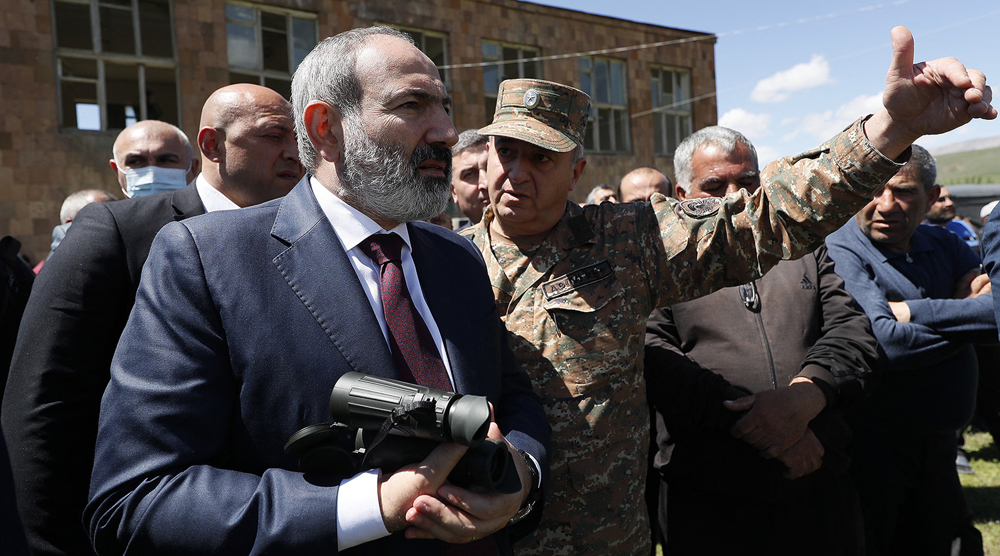
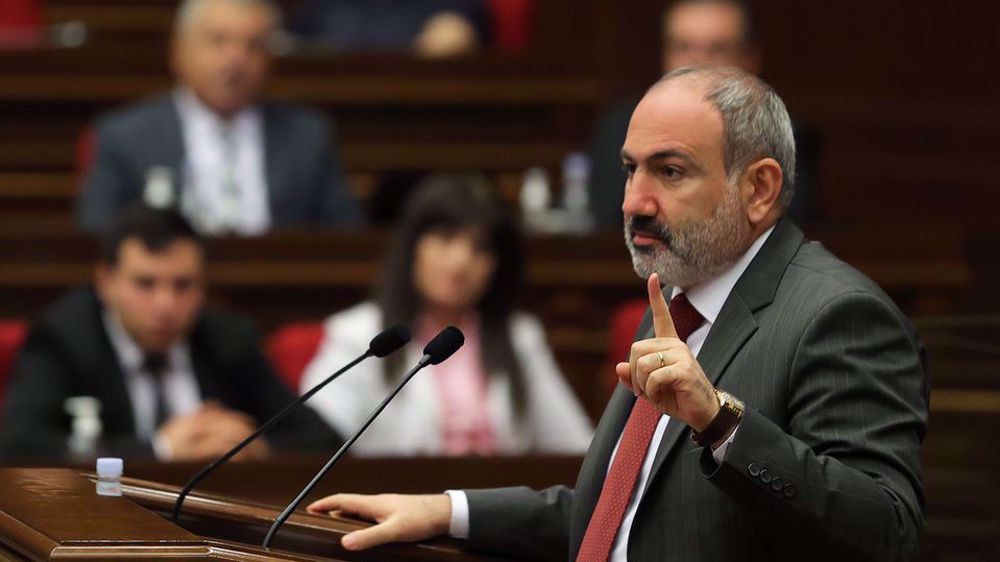
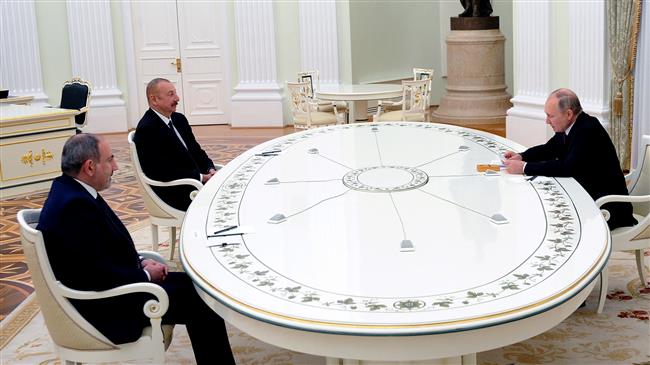
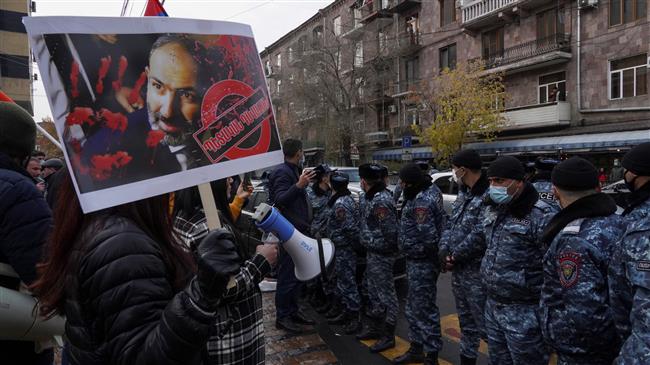
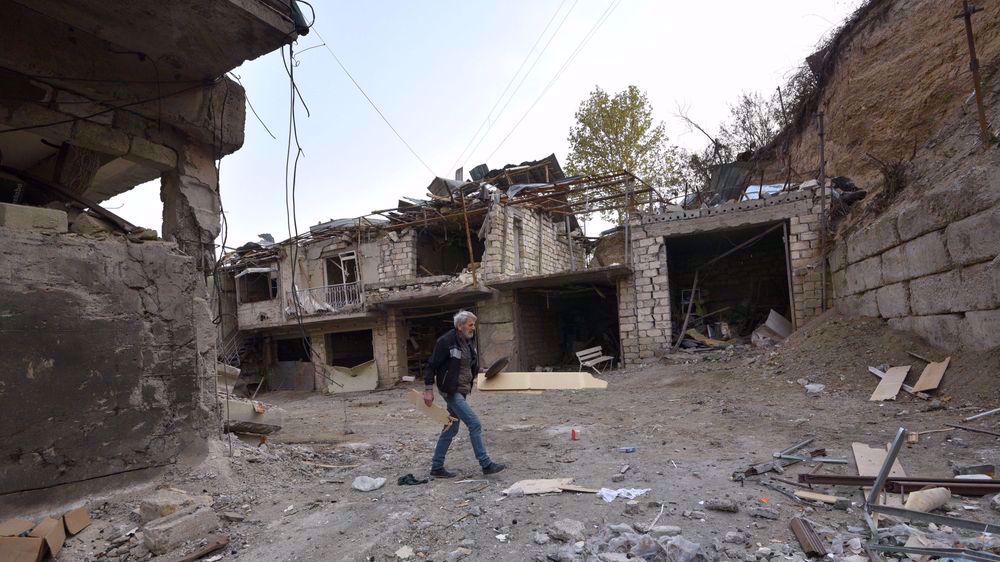
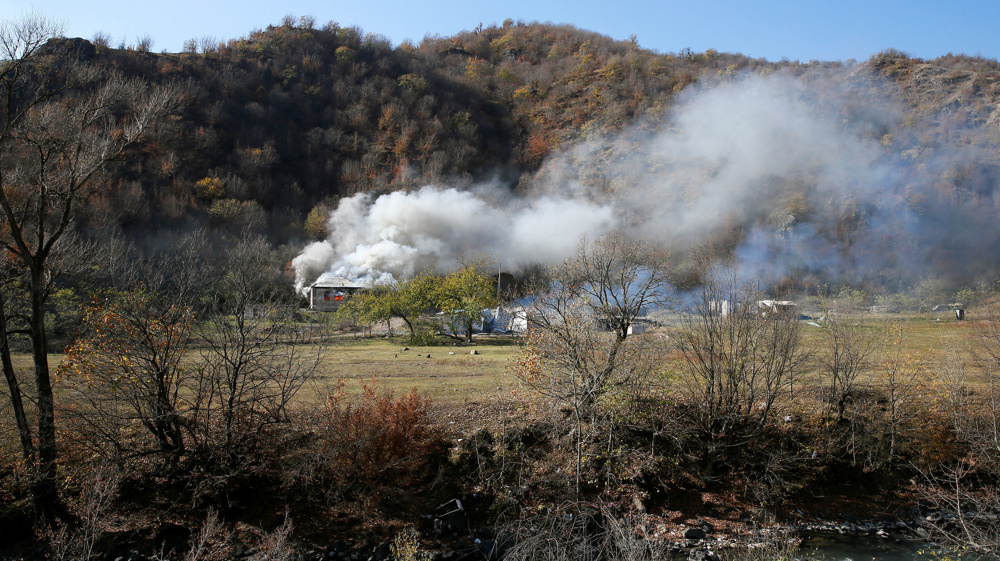
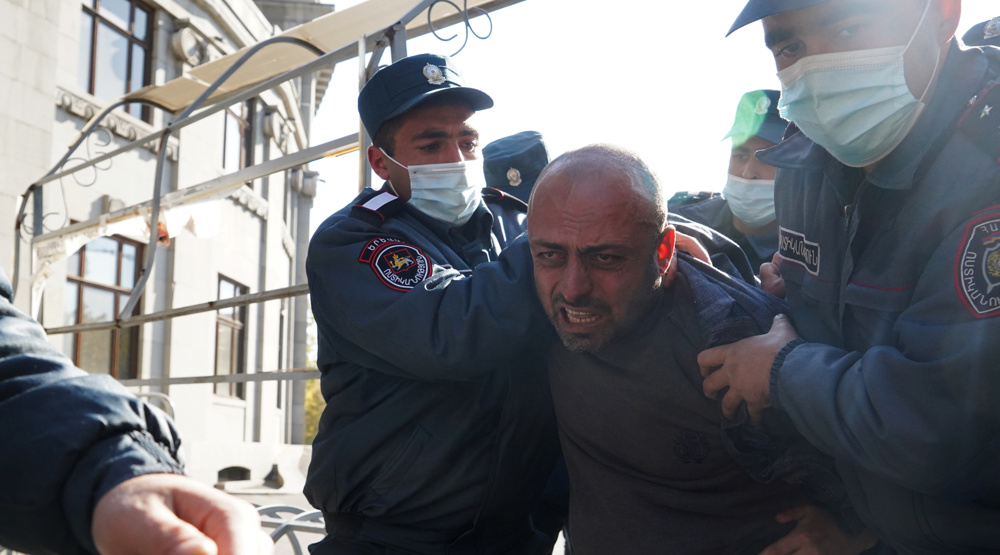

 This makes it easy to access the Press TV website
This makes it easy to access the Press TV website